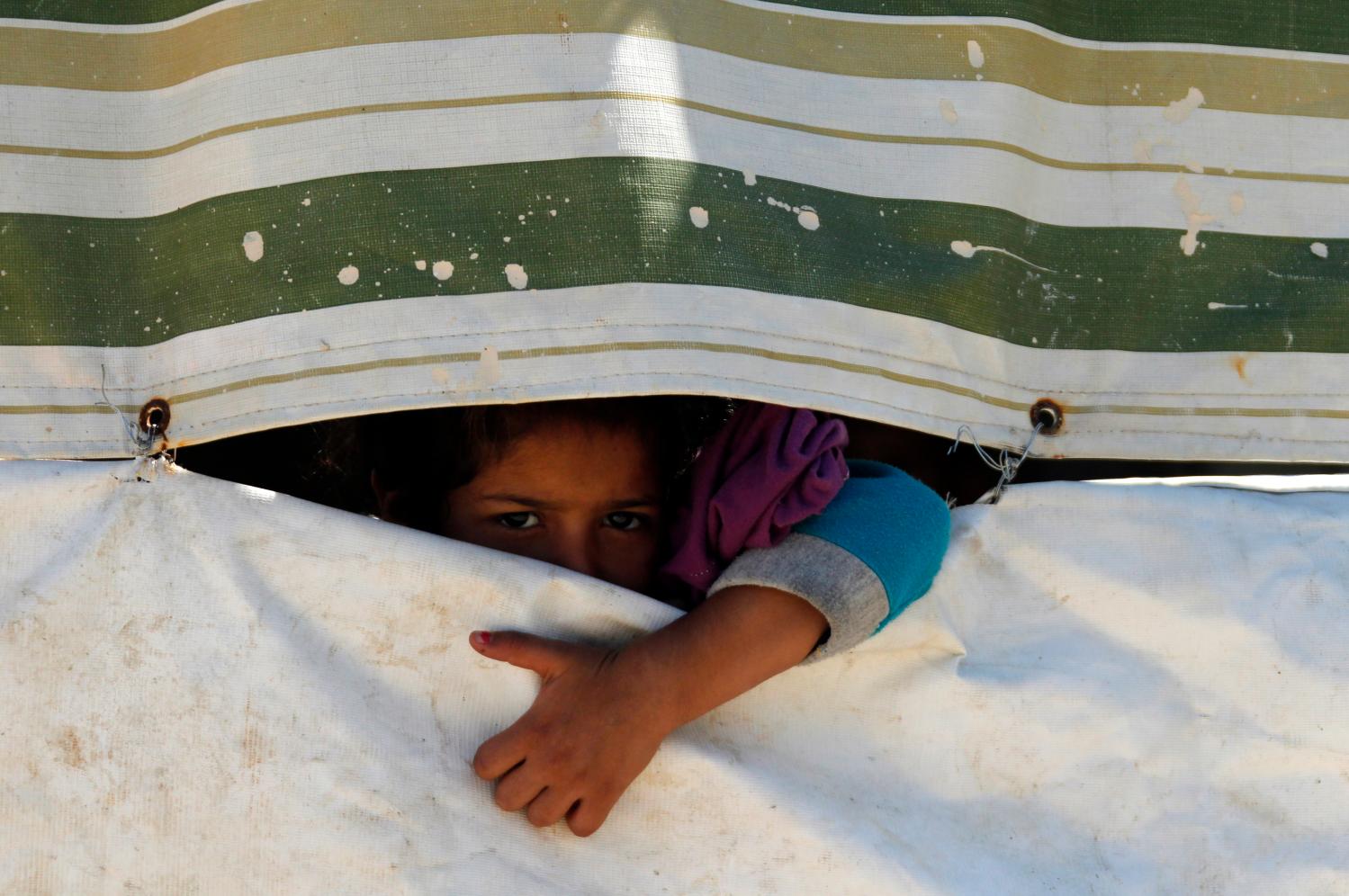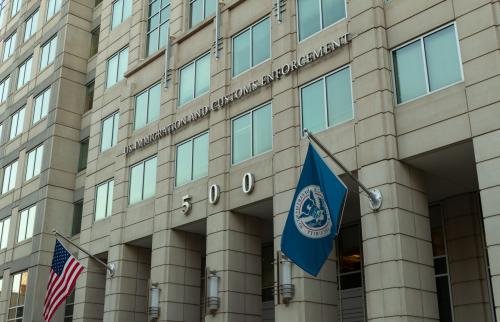Content from the Brookings Doha Center is now archived. In September 2021, after 14 years of impactful partnership, Brookings and the Brookings Doha Center announced that they were ending their affiliation. The Brookings Doha Center is now the Middle East Council on Global Affairs, a separate public policy institution based in Qatar.
In an article for the Harvard Journal of Middle East Policy, Ibrahim Sharqieh writes that the international community has failed to respond adequately to the escalating Palestinian refugee situation growing from the Syrian crisis. The “double-refugees”, as he calls them, who sought refuge in Syria from the Palestinian humanitarian crisis, have become refugees again.
Syria neighboring countries have reached far past the limit of refugees that they are able to accommodate, and the Palestinians have nowhere left to go. While the Office of the United Nations High Commissioner for Refugees (UNHCR) has been protecting and providing for the Syrians, Palestinian double-refugees are falling through the cracks.
Jordan and Lebanon, Sharqieh says, should not be left with the entire responsibility of handling the influx of refugees just because they happen to border Syria. He gives specific recommendations on how the international community can take responsibility to contribute significant additional financial resources to deal with the serious challenge Jordan and Lebanon are facing in accommodating Syrian and Palestinian refugees.
The Brookings Institution is committed to quality, independence, and impact.
We are supported by a diverse array of funders. In line with our values and policies, each Brookings publication represents the sole views of its author(s).




